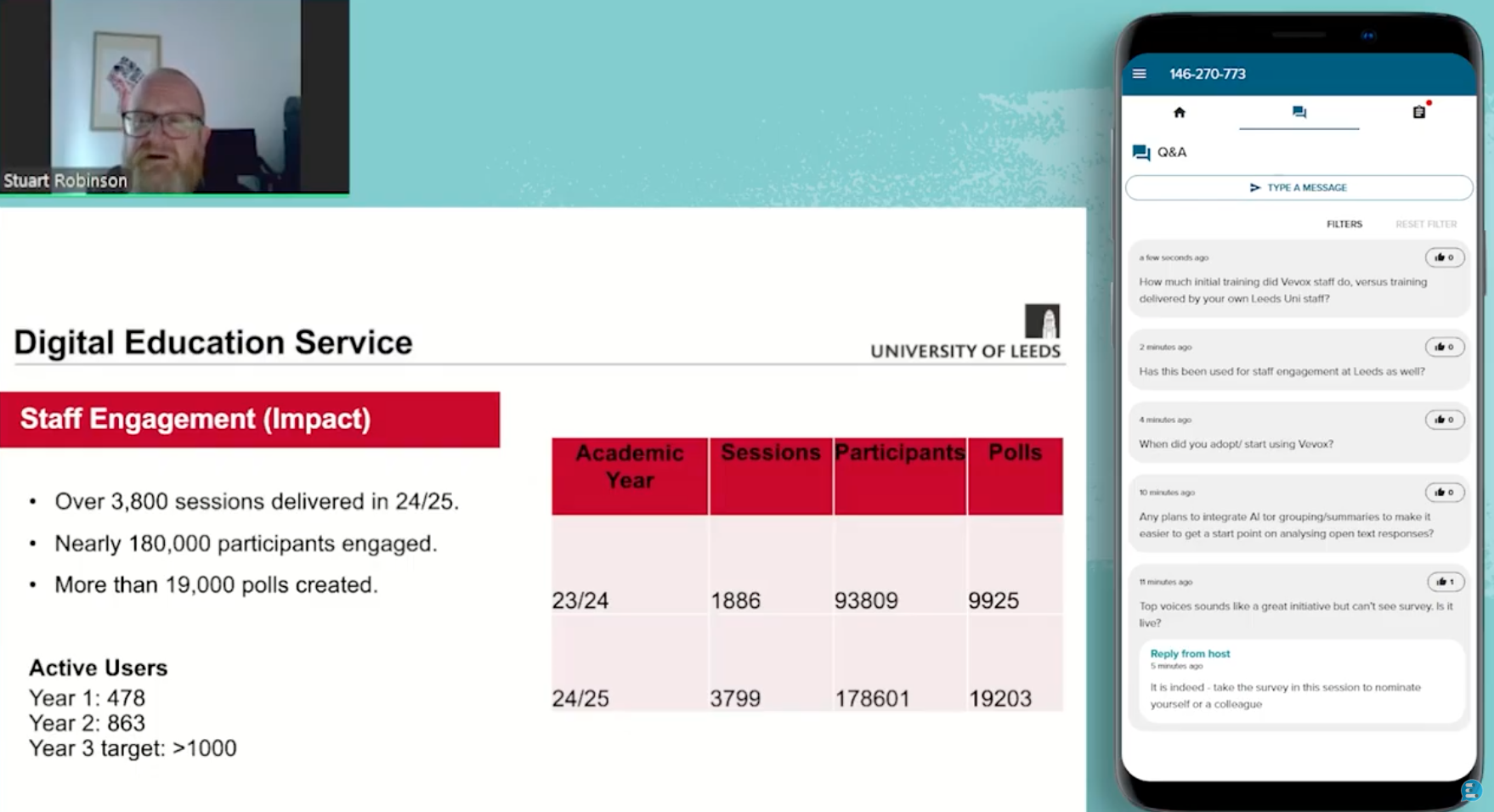On June 21 2017, in the UK, the Teaching Excellence Framework (“TEF”) was published to an accompanying cacophony of controversy. TEF is the work of the Higher Education Funding Council for England (HEFCE), which is that part of the Department for Education responsible for the distribution of funding to universities and Colleges of Higher and Further Education in England.
As such it reflects the thinking of Joe Johnson, the highly-regarded Minister of State at the Department for Education (Universities and Science). Given the current fluidity of British Politics, I will add the corollary that he is the highly-regarded Minister of State at the Department for Education at the time of writing. Johnson was the force behind the Higher Education and Research Act 2017, which the Times Higher Education described as the most significant legislation in 25 years. This Act established precise mechanisms to hold universities more accountable for the quality of teaching and student outcomes.
At the core of TEF is a strategic clarity about outcomes. It requires universities to think hard about the impact of what they do and how they evaluate it. This process has seemed random and opaque to critics; and certainly some excellent institutions have received classifications that appear, prima facie, ungenerous.
But the concentration on outcomes marks a striking advance for the Higher Education sector. Professor Chris Husbands, the Vice Chancellor of Sheffield Hallam University recently wrote, “TEF is a symptom of increased focus on outcomes for students. In the past, universities have thought more about inputs (such as staff and technology), processes (such as curriculum and assessment) and outputs (such as degree classifications). The focus on outcomes shapes the way universities and colleges will plan and invest in the future. Not because outcomes are all that matter, but because, in a mass Higher Education system, they do matter.”
What drove TEF? From reading the Higher Education Funding Council for England’s own material, it becomes clear that the TEF rating was driven by three criteria:
Teaching Quality
Teaching Quality was assessed through the extent to which:
- ‘Teaching provides effective stimulation and challenge and encourages students to engage’
- ‘Institutional culture recognises and rewards excellent teaching’
- ‘Course design, development, standards and assessment are effective in stretching students to develop knowledge, skills and attributes that reflect their full potential’
- ‘Assessment and feedback are used effectively in supporting students’ development, progression and attainment’
Learning Environment
Learning Environment was assessed through the extent to which:
- ‘Resources [are] designed to support students’ learning and aid the development of independent study and research skills’
- ‘The learning environment is enriched by linkages between teaching and scholarship, research or professional practice’
- ‘Students’ academic experiences are tailored to the individual, maximising rates of retention’
Student Outcomes and Learning
Student Outcomes and Learning were assessed through the extent to which:
- ‘Students achieve their educational and professional goals, including progression to further study or employment’
- ‘Students acquire knowledge, skills and attributes that prepare them for their personal and professional lives’
- ‘Positive outcomes are achieved for students from all backgrounds, in particular those from disadvantaged backgrounds or those who are at greater risk of not achieving positive outcomes’
At Vevox, we strive to build educational technology that reflects the priorities of educators and helps them attain their goals. In this context, we would point out that certain of the key TEF criteria outlined, mirror our aims as an Edtech company: Teaching provides effective stimulation and challenge and encourages students to engage; Assessment and feedback are used effectively in supporting students’ development, progression and attainment; Students’ academic experiences are tailored to the individual, maximising rates of retention.
Professor Husbands of Sheffield Hallam added that the TEF was “a way of further raising the profile of one of the most important things all universities do – teaching”. At Vevox we create technology driven by the reality of teaching.





